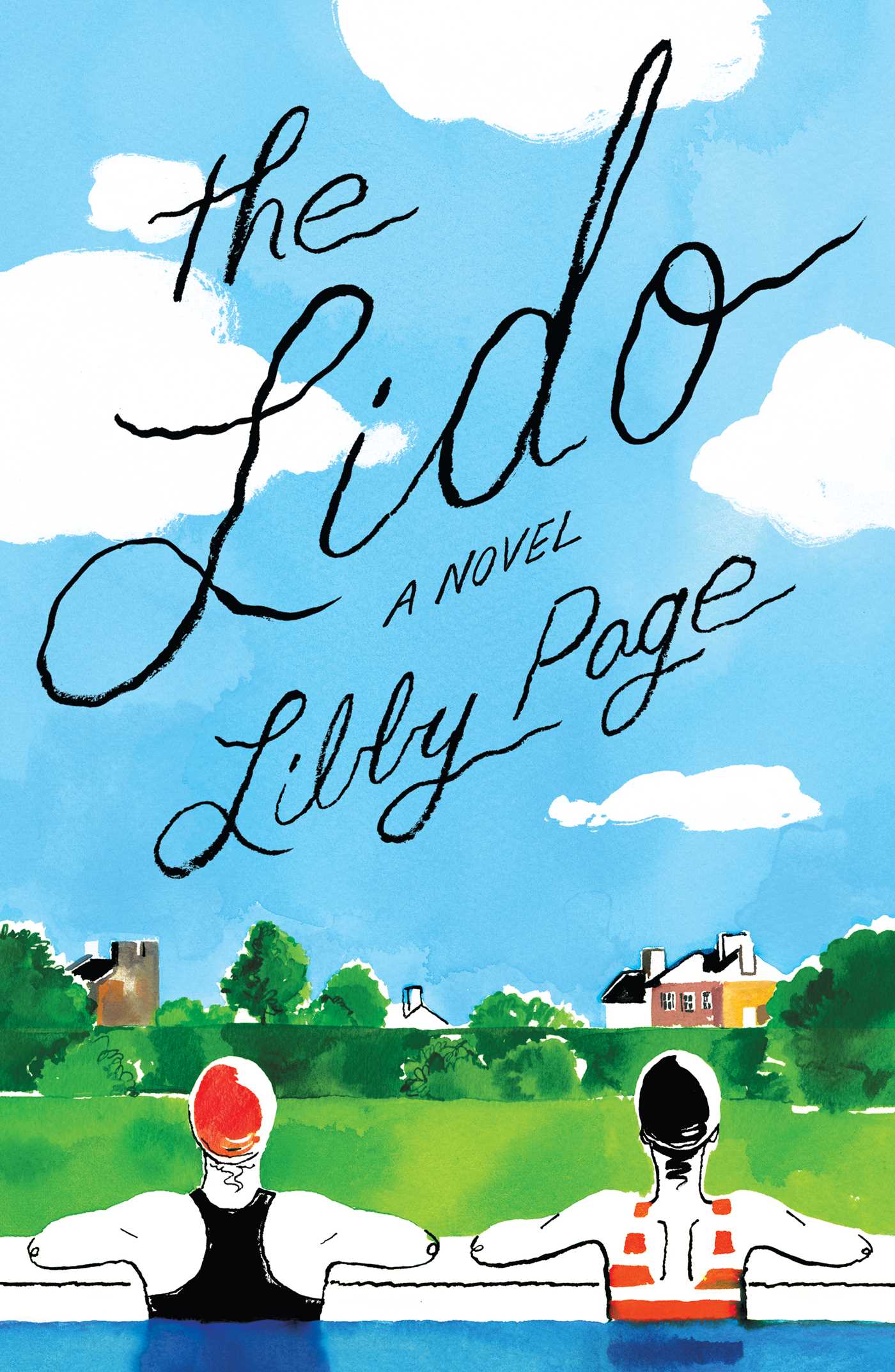I picked up Libby Page’s The Lido expecting a fast, cheerful read. The breezily illustrated cover suggested that I’d probably like it just fine, but forget about it after a few days.

Delightfully, I was wrong. Yes, it’s a fast read. Yes, it’s cheerful (mostly). Yes, I had to look up how to pronounce lido. (Lee-dough, if you’re wondering.) But even a light read can shift your perspective, if it’s done right – which The Lido is. If you’re looking for a book to counteract grimness, whether in the real world or your recent reads, this is it.
The Lido tells the story of Rosemary, an octogenarian resident of Brixton, London; Kate, an anxious twentysomething reporter for the local paper; and the lido, the outdoor community pool that brings them together. Rosemary has spent her entire life swimming in the lido. It’s been a place of celebration and comfort, a constant presence from her childhood during WWII, throughout her long and happy marriage to George, and now as a widow, watching Brixton gentrify around her.
Kate is lonely, stuck in a job where she writes forgettable stories about forgettable events, going home each night to a house she shares with virtual strangers, eating frozen meals and coping with panic attacks. When she’s assigned to write a story about the lido’s potential closing – an upscale property developer wants to turn it into a private gym – she’s jolted out of her isolation and into Rosemary’s world.
What comes next is not a surprise, exactly, but it’s delightful nevertheless: Kate and Rosemary strike up an unlikely friendship and decide to save the lido. In flashbacks, we see Rosemary and George’s relationship unfold, and begin to understand her deep connection to the swimming pool. Sprinkled throughout the book are glimpses of other locals and the role the lido plays in their lives. And as Rosemary draws Kate out of her shell and into the community, Kate’s panic attacks retreat, while Kate’s media savvy and determination give Rosemary hope that the lido – her true home and the heart of her community – might be saved.

Libby Page could have easily turned the story into a cloying knockoff of stories like A Man Called Ove (curmudgeonly old person renews their zest for life by spending time with a quirky-yet-troubled youngster) but instead, she takes a different, equally appealing approach. Rosemary’s no curmudgeon – she’s a vibrant, engaging woman with a passion for swimmingand her community who can’t quite move past her grief; Kate is troubled, yes, but she’s also good at her job and loves her sister. She just doesn’t know how to connect.
It’s that focus on connection that really makes The Lido shine. While the story is ostensibly about Rosemary and Kate’s growing friendship, it’s also about the value of a community – the way a disparategroup of people can come together and support one another in good times and bad, and the importance of making sure we preserve places where those connections can form.
The Lido has stuck with me in the weeks since I’ve read it, nudging me to recognize those moments of connection, to slow down and appreciate them when they happen, and when they don’t, to seek them out. I’d recommend it to anyone in need of a similar nudge.

Discover more from Cook Memorial Public Library District
Subscribe to get the latest posts sent to your email.
Categories: Books and More
